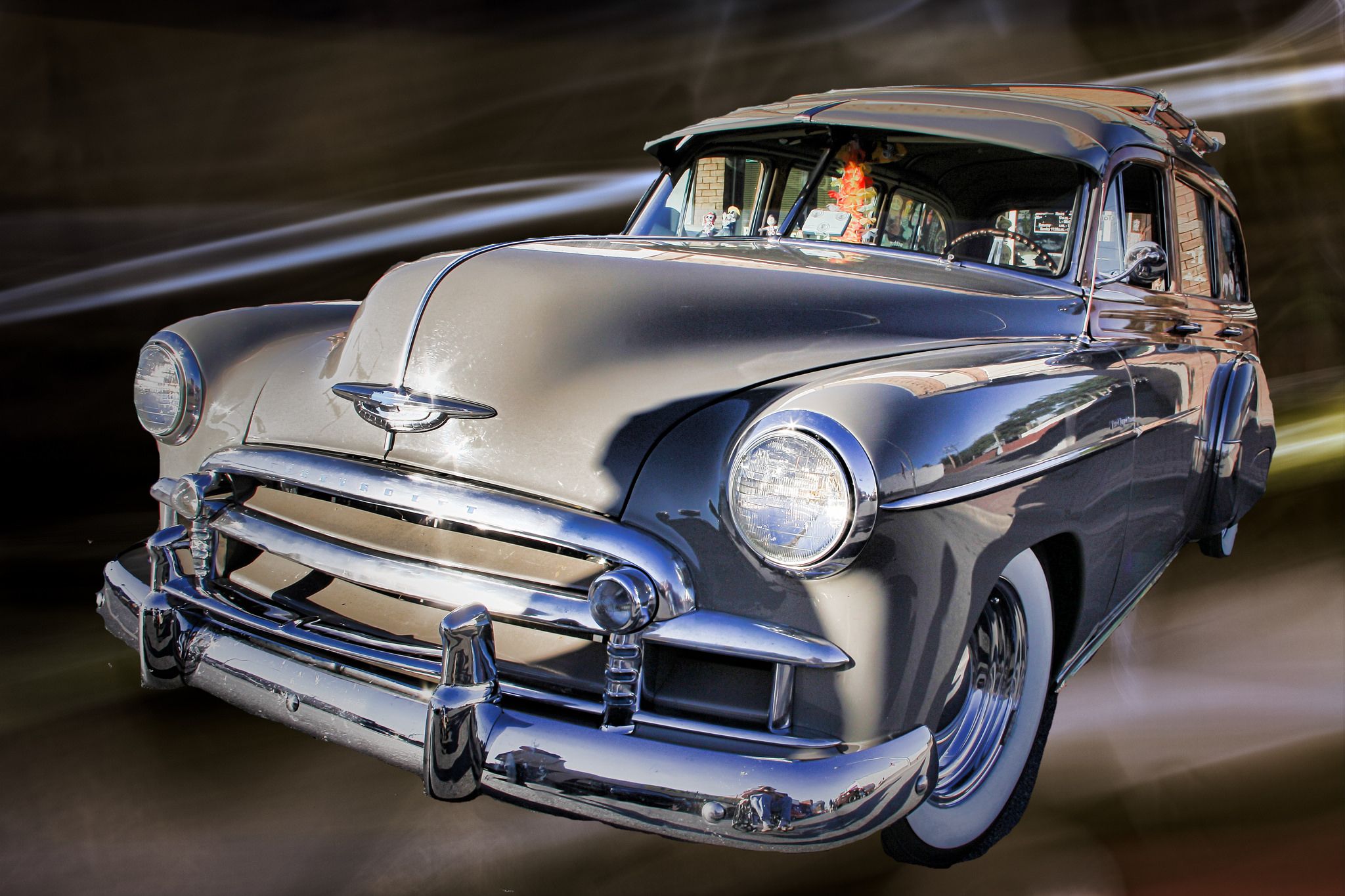Are you a fan of Don McLean’s American Pie? Have you ever wondered what some of the lyrics mean? In this blog post, we’ll explore the meanings behind phrases such as “drove my Chevy to the levy,” “but the levee was dry,” and “drinking whiskey and rye.” We’ll also delve into the origin of the word “levy” and its significance in the song. Join us as we uncover the hidden layers of this classic tune and its cultural impact.
Decoding the Meaning Behind “Drove My Chevy to the Levy”
Don McLean’s “American Pie” is considered one of the greatest songs of all time, but the lyrics have left many people puzzled over the years. Among the most contentious phrases is “drove my Chevy to the levy, but the levee was dry.” Many have wondered what the lyrics mean and why they are so important to the song. Interestingly, the answer is quite simple: the “levy” McLean is referring to is actually a bar in his hometown of New Rochelle, New York. This bar was sometimes known as “The Barge,” and it was a popular haunt for McLean and his friends.
One night, McLean drove his Chevy to The Levy to get something to drink. When he got there, he saw that the bar was full of “good old boys” who were drinking whiskey and rye. Unfortunately for McLean, he arrived too late and missed last call. The result? The Levy was dry, and there were no drinks for him that night. The line “but the levee was dry” is a reference to this incident, and it is meant to convey McLean’s disappointment at not being able to enjoy a drink with his friends.
Overall, the meaning behind “drove my Chevy to the levy” is relatively straightforward. McLean was simply referring to a bar he frequented, and the line is a nod to a specific incident that happened there. However, this phrase has become so iconic that it has taken on a life of its own, and it remains one of the most memorable lines in the song.

🍿 Must Read Is the Silverado commercial about The Sopranos?
Understanding the Significance of “But the Levee Was Dry” Expression.
As an American Pie fan, you probably know the lyrics of the song by heart. But have you ever wondered what the line “but the levee was dry” means? Don McLean, the songwriter behind American Pie, was a frequent visitor to a bar in New York called The Levee. It was a popular hangout spot for him and his friends, where they would indulge in drinking and having a good time.
The line “but the levee was dry” refers to the moment when the bar had run out of alcohol, and there were no more drinks left to serve. It is a common expression used to indicate that the party is over, and there is nothing left to enjoy.
Understanding the backstory behind this line can help you appreciate the song even more. It shows the extent of McLean’s involvement with the bar and his love for drinking with his friends. The line also adds a touch of realism to the song, making it relatable to anyone who has ever had a great time with their friends, only to have it end abruptly.
So, the next time you hear the line “but the levee was dry” in American Pie, you’ll know that it refers to the end of a party and the exhaustion of all the drinks at The Levee bar.
The Hidden Meaning Behind the Phrase “Drinking Whiskey and Rye”
There has been much speculation around the line ‘drinking whiskey and rye’ in the song American Pie. Some believe that the word ‘rye’ simply refers to the type of whiskey being consumed. However, another theory suggests that the line actually means “drinking whiskey in Rye,” which is a town in New York.
The songwriter, Don McLean, lived in New Rochelle, which was home to a bar called “The Levee.” It is said that when this bar shut down or “went dry,” patrons would have to cross the river to Rye, New York to continue their drinking. This theory suggests that McLean was making a reference to this practice and the culture of drinking during that time.
It is interesting to note that this interpretation of the line ‘drinking whiskey and rye’ is not widely known, and many people still believe that it simply refers to the type of whiskey being consumed. However, with this alternative theory in mind, the lyrics take on a deeper meaning and provide a glimpse into the social and cultural context of the time.
In any case, the line ‘drinking whiskey and rye’ has become an iconic phrase associated with American Pie and has been referenced and parodied in popular culture for decades. It is a testament to the enduring legacy of the song and its impact on American music and culture.

Decoding the Meaning Behind “Moss Grows Fat on a Rolling Stone”
The phrase “moss grows fat on a rolling stone” is a twist on the well-known proverb “a rolling stone gathers no moss.” This adaption reverses the meaning of the original proverb, suggesting that a person who is constantly on the move and changing their circumstances will actually attract more complications and difficulties in their life, represented metaphorically by the growth of moss. The phrase first appeared in the 16th century and has since been used in various literary works and songs, including Bob Dylan’s “Like a Rolling Stone.”
The idea behind “moss grows fat on a rolling stone” is that a person who is constantly changing and never putting down roots will never be able to establish a stable foundation. This lack of stability can lead to a lack of accountability and an inability to take on responsibilities that come with staying in one place. The image of moss growing on a rolling stone suggests that the more a person moves around, the more complications they will attract into their life.
The phrase “moss grows fat on a rolling stone” has been used in various contexts over the years. In music, it has been used as a metaphor for the fleeting nature of fame and success, emphasizing the importance of staying grounded and true to oneself. The phrase has also been used in literature as a symbol of the dangers of aimless wandering and the importance of finding a sense of purpose and direction in life.
In conclusion, while the original proverb “a rolling stone gathers no moss” suggests that constant movement can be beneficial, the phrase “moss grows fat on a rolling stone” flips this idea on its head, emphasizing the importance of stability and accountability. Whether used in music, literature, or everyday conversation, the phrase serves as a reminder of the dangers of aimless wandering and the importance of finding a sense of direction in life.
>> Related – What was the movie L.A. Story about?
Understanding the Meaning of Levy in American Pie
In the iconic song “American Pie,” one of the most frequently misheard lyrics is “drove my Chevy to the levy.” However, the correct word is “levee” not “levy.” While it may seem like a small difference, the meaning of the two words is vastly different. Levy refers to a tax or an amount of money that is imposed, while a levee is a structure built along a riverbank to control or prevent flooding. In the context of the song, the levee represents a place where people come together to socialize and have a good time, a place where you might expect to find water nearby.
Don McLean’s “American Pie” is a popular song that reflects the changing times of the 1960s, as seen through the lens of pop music. The song has become a cultural touchstone, with its lyrics often analyzed and debated by music enthusiasts. The reference to the levee in the song is just one example of the many clever word choices that McLean uses to create a vivid and memorable story.
Despite the fact that “levee” is the correct word used in the song, many people still mishear it as “levy.” This is likely due to the fact that “levy” is a more commonly used word in everyday language than “levee.” However, it’s important to remember that even small differences in word choice can have a big impact on meaning.
In conclusion, while it’s easy to confuse the words “levee” and “levy,” they have very different meanings. In the context of Don McLean’s “American Pie,” the levee represents a place of community and socialization. The song uses clever word choices to tell a story about the changing times of the 1960s, and the reference to the levee is just one example of this. So, the next time you hear “American Pie,” remember that it’s “levee,” not “levy” and think about the deeper meaning behind the words.
Understanding the Concept of a Levee and Its Importance.
The term “hold a levee” is an old-fashioned expression that refers to a time when monarchs or leaders would hold a daily gathering known as a “levee.” The word “levee” comes from the French word “lever,” which means “getting up” or “rising.” In the past, a levee was a moment of intimacy and accessibility to a monarch or leader, as he got up in the morning. It was a time when people could approach the leader with their concerns, ask for favors, or simply pay their respects.
The tradition of holding a levee dates back to the 17th century in France and was adopted by other European countries, including England. In America, the practice of holding a levee was adopted by George Washington, who held a daily levee during his presidency. During these gatherings, Washington would receive guests, hear their concerns, and answer their questions.
While the tradition of holding a levee has largely disappeared, the phrase “hold a levee” is still used today to refer to a gathering where a person of importance is accessible to others, such as a political figure holding a town hall meeting. It’s interesting to note that the term “levy,” which is often confused with “levee,” has a completely different meaning. A levy refers to the act of imposing a tax or raising an army. The confusion between the two words likely comes from their similar spelling and pronunciation.
In conclusion, holding a levee was a tradition that allowed people to have personal access to their leaders, and the term “hold a levee” is still used today to refer to similar gatherings. The word “levee” comes from the French word “lever,” meaning “getting up” or “rising,” and has nothing to do with the word “levy,” which refers to the imposition of a tax or the raising of an army.

The Age-Old Question: Levee or Levy?
The words ‘levee’ and ‘levy’ are often confused with each other, and it’s not uncommon to find people using them interchangeably. However, it’s important to know the difference between these two words to avoid any confusion in your writing.
First of all, let’s talk about the word ‘levee’. This word is used to describe an embankment built to prevent a river from overflowing or flooding. It can also mean a landing place on a riverbank where boats can stop, or a formal reception held by a monarch or dignitary. For example, “The Mississippi River levee was breached during the hurricane” or “The queen held a levee to celebrate her birthday.”
On the other hand, ‘levy’ is used to describe the act of imposing or collecting taxes, fees, or military service. It can also refer to the amount collected. For example, “The government decided to levy a tax on cigarettes” or “The military levy was increased due to the war.”
It’s important to note that while the pronunciation of the two words is the same, their meanings are different. So, the next time you are writing about a river bank or a tax, make sure you use the correct word.
The origins of the term “levee” and its significance.
Why is it called a levee?
The term “levee” has its roots in the French language. It comes from the French verb “lever,” which means “to rise.” Specifically, it refers to rising from one’s bed. The practice of holding a “levee” began with King Louis XIV of France. He would receive his male subjects in his bedchamber just after rising, a ritual known as “Levée du Soleil” or “Rising of the Sun.”
The practice of holding a levee eventually spread to England and the United States. In the United States, a levee was a formal reception held by a prominent person, such as a politician or military leader. The purpose of a levee was to allow the public to meet and interact with the person of importance.
But how did the term “levee” come to be associated with flood control? The answer lies in the fact that levees are built along rivers to prevent flooding. The word “levee” was adopted in the United States to describe these earthen embankments because they were often built on the banks of rivers that were prone to flooding.
In conclusion, the term “levee” has a rich history that dates back to King Louis XIV of France. It was originally used to describe a formal reception held by a prominent person, but it eventually came to be associated with flood control in the United States. Understanding the origins of this term can help us better appreciate its usage in American English.
More to discover
Don McLean’s iconic song “American Pie” is full of hidden meanings and references. From the enigmatic phrase “drove my Chevy to the levy” to the symbolism behind “drinking whiskey and rye,” the song has left fans scratching their heads for decades. However, we now know that “the levy” refers to a bar in Don McLean’s hometown, which was unfortunately dry when he arrived. And while “levy” and “levee” are often used interchangeably, the former specifically refers to a barrier built to prevent flooding. So next time you listen to “American Pie,” you can impress your friends with your newfound knowledge of its lyrics.
